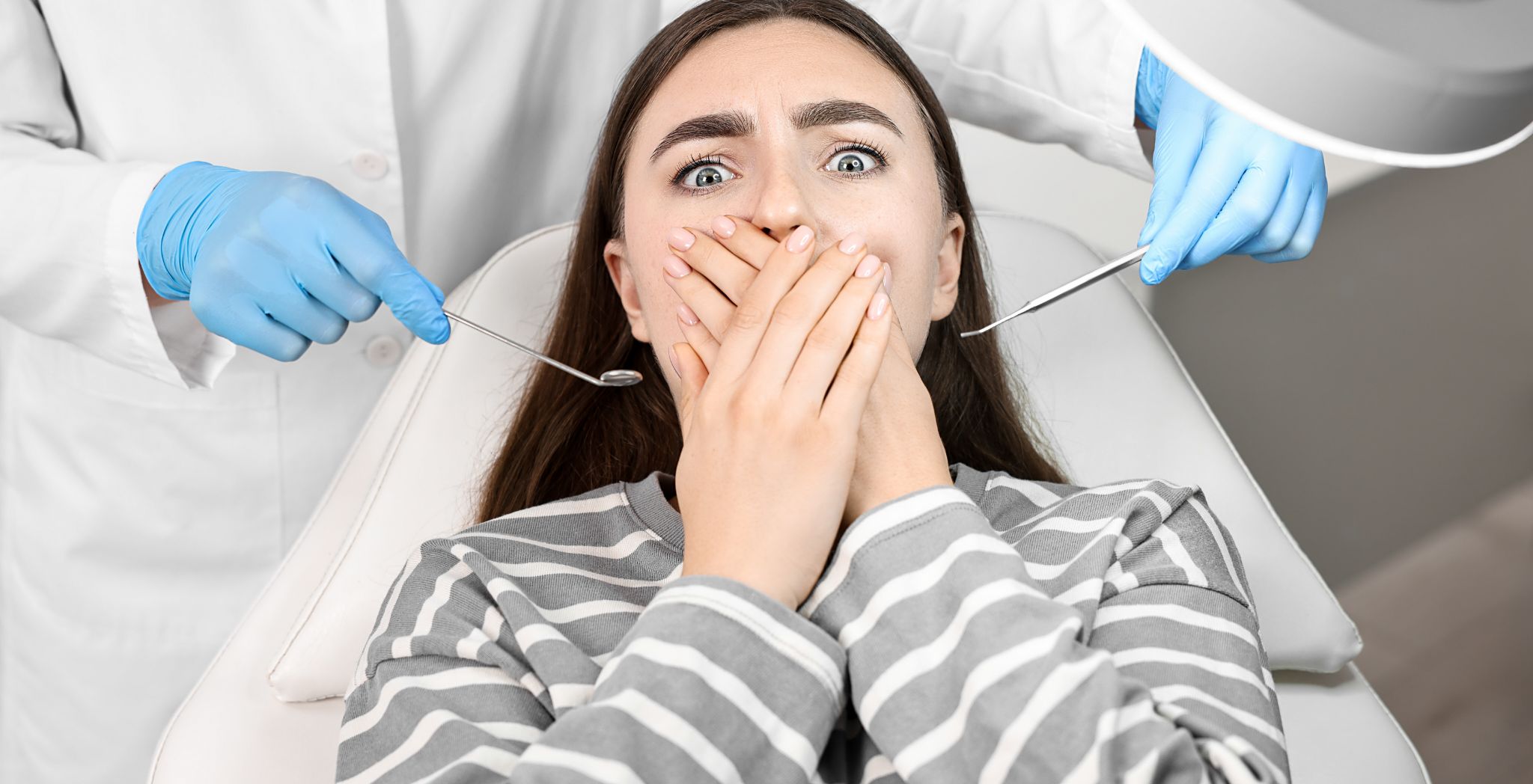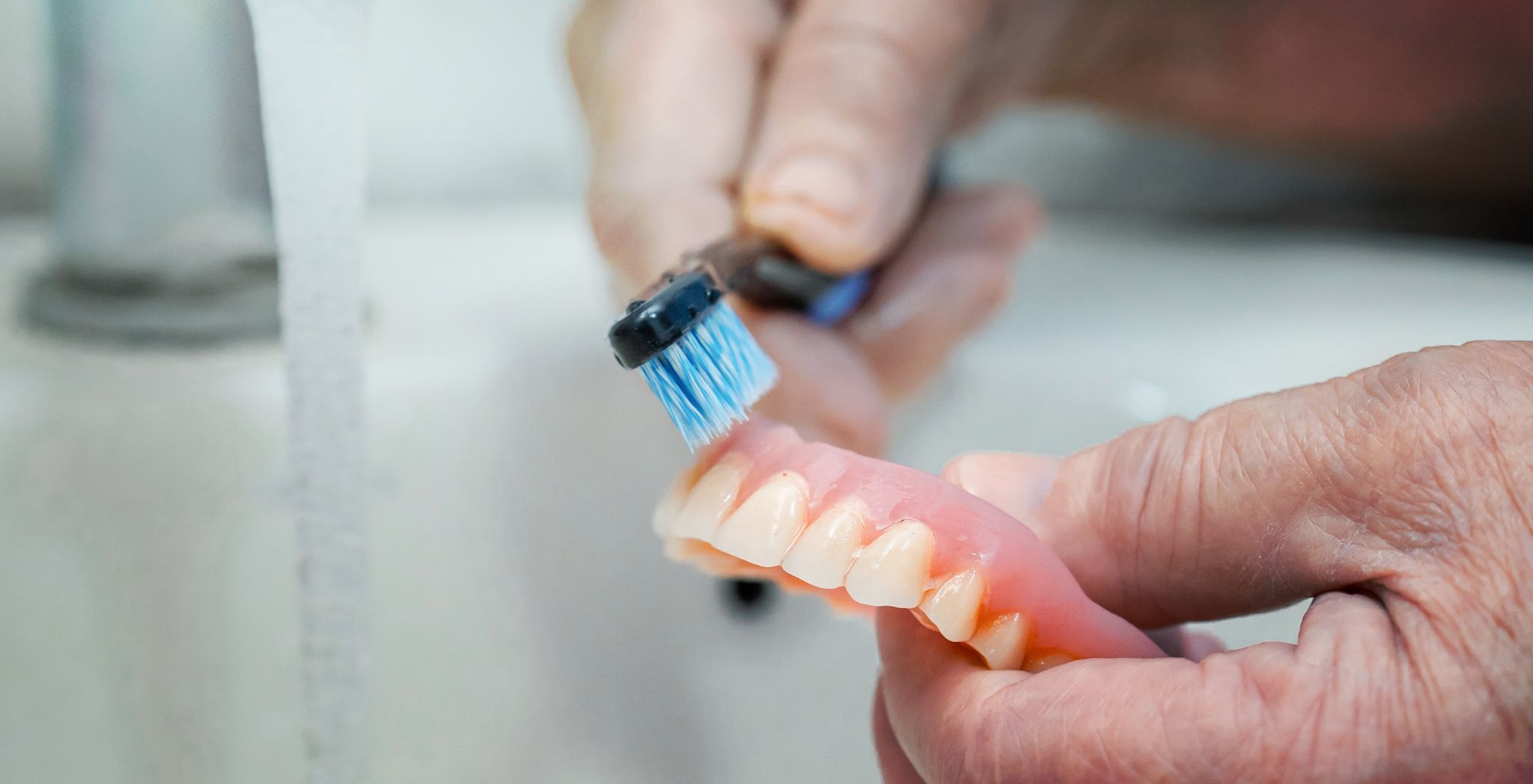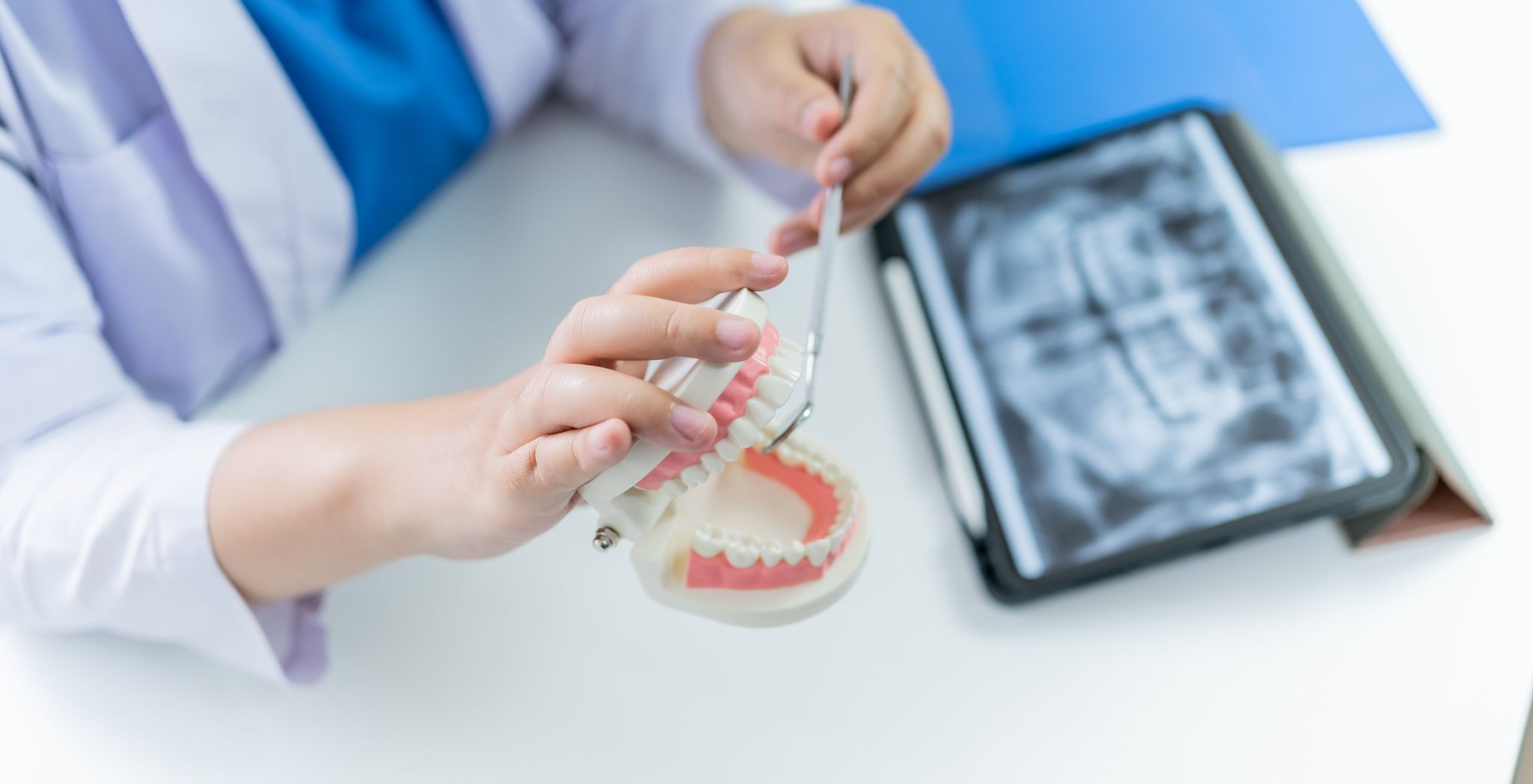We all want a healthy smile, and sometimes, our teeth need a little extra help to stay strong and fight off problems. That is where fluoride treatment comes in. It’s a simple, safe, and super effective way to protect your teeth from decay, also known as cavities.
What Is Fluoride?
Think of fluoride as a superhero for your teeth. It’s a natural mineral found all around us – in water, soil, and even some foods. For a long time, scientists have known that fluoride is amazing at making teeth stronger.
Our teeth have a hard outer layer called enamel. This enamel is tough, but it can be attacked by acids. Tiny germs (bacteria) in our mouths make these acids when we eat sugary foods or drinks. Over time, these acids can create small holes in the enamel, starting cavities.
Fluoride helps in two main ways:
- Making Enamel Stronger: When fluoride touches your teeth, it’s like giving your enamel a power-up. It helps rebuild and strengthen the enamel, making it more acid-resistant.
- Fixing Early Damage: If very tiny spots on your enamel are starting to weaken, fluoride can help fix them before they become full-blown cavities. It’s like patching up a small crack before it becomes a big problem.
What Is Fluoride Treatment?
So, what is fluoride treatment exactly? It’s a quick and easy procedure by your dentist or dental hygienist to give your teeth a super dose of fluoride. This is much more concentrated than the fluoride from toothpaste or tap water. It’s like a special, high-powered shield for your teeth.
During a fluoride treatment, your dentist applies a highly concentrated fluoride solution to your teeth. This solution can be in the form of gel, foam, or a special paint-on varnish. The goal is to get as much fluoride as possible onto the surface of your teeth so they can soak up all the goodness.
How Fluoride Treatment Works
Imagine your tooth enamel as a wall. Over time, acids can chip away at this wall, making it weaker. Fluoride works in a clever way:
- Direct Contact: When the fluoride solution touches your teeth, the enamel absorbs it.
- Remineralisation: This is a fancy word for “rebuilding.” Fluoride helps to restore minerals lost to acid attacks in enamel. It’s like adding new bricks to a weakened wall.
- Acid Resistance: The new, stronger enamel that forms with fluoride is much better at standing up to acids. This means it’s harder for cavities to form.
- Stopping Germs: Fluoride also has a small effect on the bacteria in your mouth that cause cavities. It can make it harder for them to produce those harmful acids.
It’s important to remember that fluoride works best when it’s present in your mouth regularly, from things like toothpaste and these professional treatments.
Who Can Benefit from Fluoride Treatment?
While often thought of for kids, fluoride treatment benefits people of all ages!
Children
Kids are especially good candidates for fluoride treatments. Their teeth are still developing, and fluoride can help make their new permanent teeth stronger from the start. Kids are often more prone to cavities because they might not brush as thoroughly or enjoy sugary snacks.
Adults
You might think you don’t need fluoride once you’re an adult, but that’s not true! Adults can benefit greatly too, especially if they:
- Have a history of cavities: If you’ve had many fillings or cavities in the past, fluoride can help prevent new ones.
- Have sensitive teeth: Fluoride can help reduce tooth sensitivity by strengthening the enamel.
- Have receding gums: More of the tooth root is exposed when gums recede. The root surface is softer than enamel and more prone to decay. Fluoride can help protect these exposed areas.
- Wear braces: Braces can sometimes make it harder to clean all surfaces of your teeth, increasing the risk of cavities. Fluoride helps here.
- Have dry mouth: Saliva helps wash away food bits and neutralise acids. If you have a dry mouth (due to medication or other health conditions), you’re at a higher risk of cavities, and fluoride can be very helpful.
- Have crowns or bridges: Fluoride can protect the natural teeth surrounding these dental restorations.
So, whether you’re a little one or a grown-up, talk to your dentist in Berwick or dentist in Pakenham about whether fluoride treatment is right for you.
What to Expect During a Fluoride Treatment Appointment
Getting a fluoride treatment is super quick and painless. Here’s what usually happens:
- Quick Clean: First, your dental hygienist will usually quickly clean your teeth to remove any plaque or food bits. This ensures that the fluoride gets right to the surface of your teeth.
- Application: Your dentist or hygienist will then apply the fluoride.
- Varnish: This is the most common type now. It’s a sticky, tooth-coloured “paint” that they brush onto your teeth. It dries very quickly. This is often called fluoride varnish dental treatment.
- Gel or Foam: Sometimes, a gel or foam is used. This is put into a small tray that you hold in your mouth for a minute or two.
- Waiting Time (Varnish): If you get a varnish, you can close your mouth immediately. The fluoride will slowly release into your enamel over the next few hours. You’ll get specific instructions on what to do (or not do) after the treatment, like not eating or drinking for a short time.
- No Rinsing (Gel/Foam): If you get a gel or foam, you’ll be asked not to rinse your mouth right after, so the fluoride has time to work.
The whole process usually takes just a few minutes during your regular dental check-up. Easy peasy!
How Often Should You Get a Fluoride Treatment?
The frequency of fluoride treatments depends on your risk for cavities.
- For most children: It’s often recommended to get a professional fluoride application every 3, 6, or 12 months, depending on their cavity risk.
- For adults: If you have a high risk of cavities, your dentist might suggest treatments every 3 or 6 months. If your risk is low, it might be once a year or less.
Your dentist Berwick or Pakenham will assess your dental health and recommend the best schedule. They’ll examine things like your history of cavities, your diet, and how well you clean your teeth.
Is Fluoride Safe?
Yes, when used correctly, fluoride is very safe and highly effective. It’s one of the most thoroughly studied substances in dentistry.
The small amount of fluoride used in professional treatments, or found in fluoridated water and toothpaste, is perfectly safe and beneficial. It’s like taking a vitamin – too much of anything can be bad, but the right amount is good for you.
Dentists use a carefully measured amount of fluoride, so there’s no need to worry. Any concerns you might have about fluoride can be discussed with your dentist. They can provide you with all the information you need to feel comfortable.
Preventive Care with Fluoride
Fluoride treatment is a cornerstone of modern preventive dentistry. This means it’s all about stopping problems before they start. Instead of waiting for cavities to form and then needing fillings, fluoride helps you avoid those problems in the first place.
Along with regular brushing and flossing, a balanced diet, and routine dental check-ups, fluoride treatments play a vital role in keeping teeth healthy for life. They’re a proactive step that can save you discomfort, time, and money on dental work down the track. Your dentist in Berwick or Pakenham will always focus on helping you prevent dental issues.
Conclusion
So, what is fluoride treatment? It’s a simple, safe, and incredibly effective way to strengthen and protect your teeth from cavities. By understanding the benefits of fluoride treatment and how it works, you can make informed decisions about your dental health.
Whether through fluoride varnish dental treatment or another professional fluoride application, it’s a powerful tool in your fight for a healthy, happy smile.
Don’t underestimate the power of this tiny mineral! It truly matters for your teeth and overall oral health.
Ready to Give Your Smile a Super Shield?
If you’re in the Berwick or Pakenham area and want to learn more about how fluoride treatment can benefit your smile, or if it’s time for your regular check-up, don’t hesitate to contact your local dental professional at Woodleigh Waters Dental. We can answer all your questions and help you achieve your healthiest smile yet!



